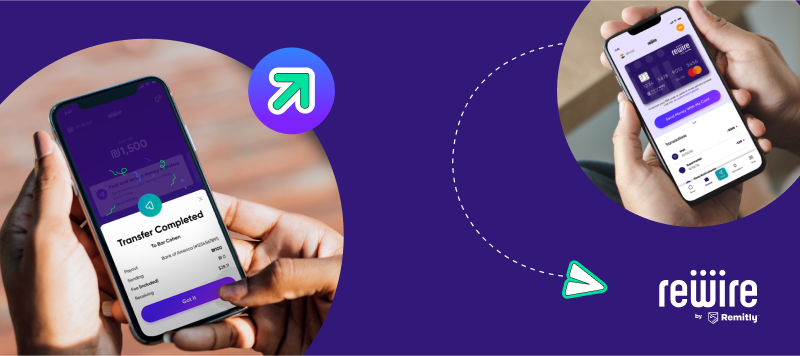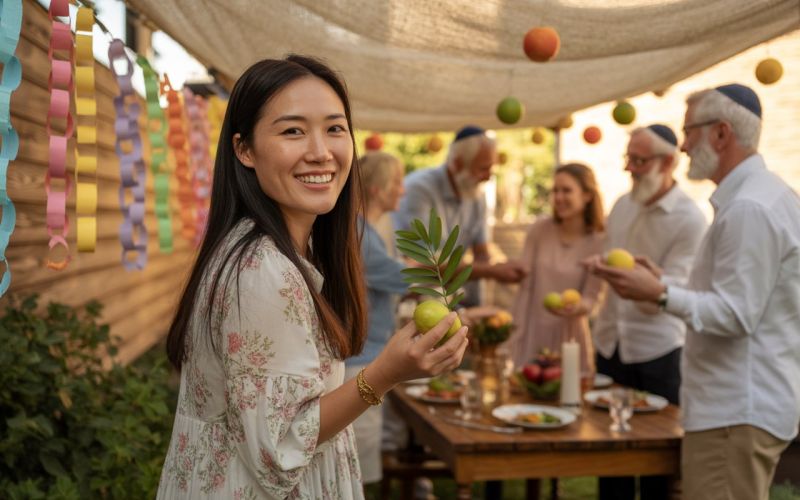Understanding Holiday Customs: How Rosh Hashanah and Yom Kippur May Affect Your Work as a Caregiver
iSavta | 20.09.2025

When you live and work in Israel, you quickly notice how important the Jewish holidays are to daily life. For migrant caregivers, these holidays may bring changes not only in your employer’s household but also in the whole country. Two of the most significant holidays are Rosh Hashanah (the Jewish New Year) and Yom Kippur (the Day of Atonement).
Understanding these customs will help you feel more prepared, reduce stress, and support your employer’s family in the best way possible.
Rosh Hashanah – A Time of Celebration and Family
Rosh Hashanah marks the beginning of the Jewish year. It is a joyful holiday filled with family gatherings, special meals, and traditional prayers.
What you may experience in your employer’s home:
-
Family Visitors: Expect the home to be busier than usual. Children, grandchildren, and other relatives often come to visit. This can mean more noise, more cooking, and sometimes more responsibilities for you as a caregiver.
-
Special Meals: Traditional foods include apples dipped in honey, pomegranates, and sweet challah bread. You may be asked to help prepare, serve, or clean up after these meals. Sometimes, caregivers are invited to sit at the table too, which can be a nice opportunity to feel included.
-
Preparation: Before the holiday, grocery stores and markets are crowded. Many people rush to buy food and gifts. It’s smart to buy your own personal groceries and things you need before the holiday begins, since stores will close early.
What happens outside the home:
-
Shops and Services: Almost everything closes during Rosh Hashanah, including banks and clinics.
-
Public Transport: Buses and trains stop running, similar to Shabbat. Plan your errands before the holiday begins.
Yom Kippur – A Day of Quiet and Reflection
Yom Kippur is very different from Rosh Hashanah. It is the most sacred day of the Jewish year, focused on prayer, reflection, and forgiveness. From sunset to the next evening, most people fast from food and water.
What you may experience in your employer’s home:
-
Fasting Family Members: Your employer and their relatives may not eat or drink for about 25 hours. Be respectful if you need to eat—prepare food quietly and eat in another room if possible.
-
Peaceful Atmosphere: Many families avoid watching television or listening to music. The home feels calm and serious.
-
Employer’s Health Needs: Some elderly or sick employers cannot fast fully. They may still need food, water, or medicine. Be prepared to help them carefully and with patience.
What happens outside the home:
-
Empty Streets: Yom Kippur is unique because almost no cars drive on the roads. Instead, you will see children and even adults riding bicycles freely.
-
Closed Services: Just like Rosh Hashanah, all shops, banks, and transportation stop. The whole country feels like it has paused.
Tips for Caregivers During the Holidays
-
Communicate Early: Ask your employer what they expect from you during the holidays. Every family celebrates differently—some may want more help, others may want to give you more free time.
-
Plan Ahead: Buy your personal groceries, medicine, and mobile phone credit before the holidays, so you don’t run out of essentials.
-
Show Respect: Even if these are not your holidays, respecting your employer’s customs shows care and professionalism. Simple gestures like greeting them with “Shana Tova” (Happy New Year) can mean a lot.
-
Balance Work and Rest: With busier households and schedule changes, try to rest whenever you can. This will help you stay patient and energetic.
-
Stay Positive: Holidays may bring stress, but they can also be a chance to experience something new and interesting.
Using the Holidays as a Learning Experience
As a caregiver, you are not only working—you are also living in a new culture. Observing holiday traditions gives you a deeper understanding of Israeli life. It can also help you connect better with your employer’s family. Even if you don’t share the same beliefs, showing interest in their customs can strengthen your relationship and make daily life smoother.
Final Thoughts
Rosh Hashanah and Yom Kippur may change your routine as a caregiver in Israel, but they are also opportunities to learn and connect. By preparing early, respecting customs, and supporting your employer with patience, you can handle these holidays successfully.
At the same time, don’t forget your own needs. Stay connected with your family, care for your emotional health, and use this season as a reminder of your own strength and resilience. Just as these holidays are about reflection and renewal for Jewish families, they can also be a time for you to pause, think about your journey, and set new goals for yourself.
Read more about All About Israel

All About Israel










